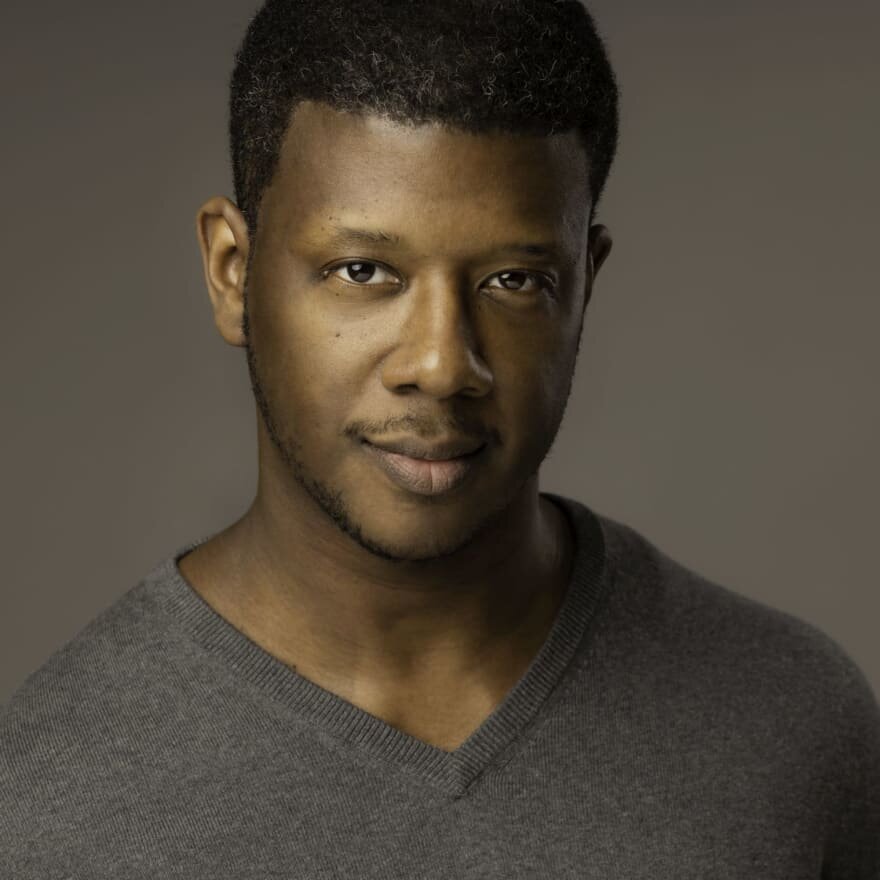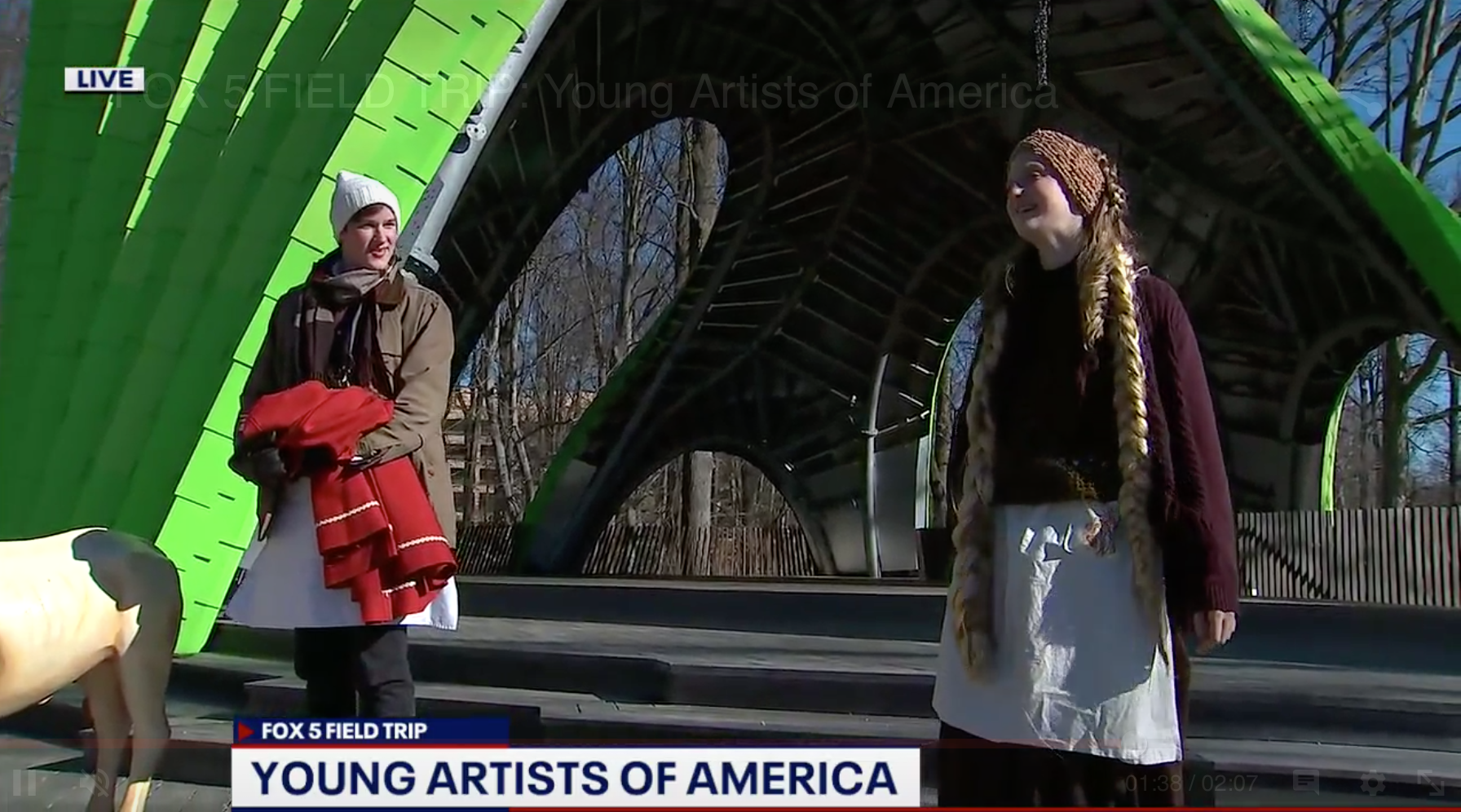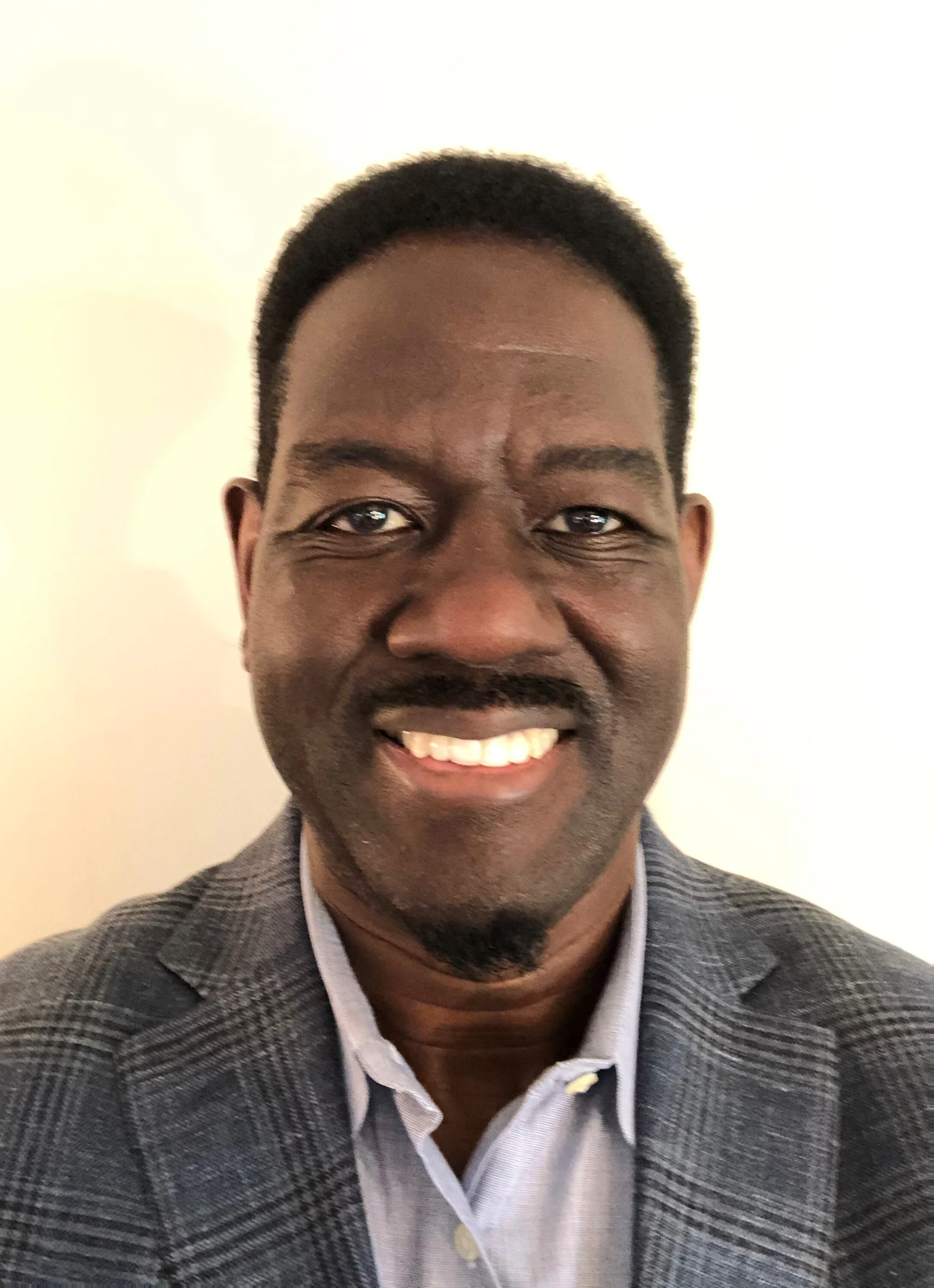My Dear YAA Community,
It was a pleasure getting together with you and hearing you "live." We have a very interesting musical adventure ahead of us and not much time to get the material under thumb, breath, heart, mind and soul so please take the time to read the synopsis below, listen to the musical and practice. We have only 10 rehearsals and just under 7 weeks to get this prepared (and three of those rehearsals will be with the singers) which is a very compressed time frame. I am sending you the synopsis again so that you can know the story that you are telling through music.
Joseph and the Amazing Technicolor Dreamcoat (often colloquially known as Joseph) is a musical comedy with lyrics by Tim Rice and music by Andrew Lloyd Webber. The story is based on the "coat of many colors" story of Joseph from the Bible's Book of Genesis. The show has only a few lines of spoken dialogue; it is almost entirely sung-through. Its family-friendly story, familiar themes and catchy music have resulted in numerous stagings.
The original story of Joseph can be found in most bibles in Genesis 37:2 thru 50:26
Synopsis of the script and score of this musical is from Wikipedia
Act I
A Narrator opens the show by introducing Joseph, the dreamer ("Prologue"). Joseph sings an inspiring, but seemingly meaningless song to the audience ("Any Dream Will Do"). The Narrator then draws the audience's attention to Joseph's father Jacob and his 12 sons ("Jacob and Sons"). Jacob favors Joseph over his other sons, and he gives Joseph a multi-colored coat to show his affection for him. Joseph is ecstatic about this gift ("Joseph's Coat"), while his brothers look on with jealousy.
The brothers’ jealousy is compounded by Joseph's dreams, which suggest that he is destined to rule over them ("Joseph's Dreams"). To stop this from happening, they try to kill him by throwing him down a well, before changing their minds and selling him as a slave to some passing Ishmaelites. The Narrator comments on how powerless Joseph was to stop this ("Poor, Poor Joseph").
To hide what they have done, Joseph's brothers and their wives tell Jacob that his beloved son has been killed. As proof, they show him Joseph's coat, which they have torn to pieces and covered in goat's blood ("One More Angel in Heaven"). When the devastated Jacob exits, the brothers and wives cheerfully celebrate Joseph's departure (“Hoedown”).
Meanwhile, Joseph is taken to Egypt, where he is bought as a slave by the wealthy Potiphar. He works hard and is promoted, eventually running the household. Joseph catches the eye of Mrs Potiphar and although he turns down her advances, Potiphar sees them together and jumps to the wrong conclusion ("Potiphar"). Heartbroken, he throws Joseph in jail.
A miserable Joseph laments his situation ("Close Every Door"). Two prisoners, both former servants of the Pharaoh, are put in his cell. Joseph interprets their strange dreams and predicts the Butler will return to Pharaoh's service, while the Baker will be executed. As Joseph questions his predictions, the other prisoners encourage Joseph to follow his own dreams ("Go, Go, Go Joseph").
Act II
The Narrator opens the second act with news that there's a glimmer of light for Joseph in jail: Pharaoh himself had a run of crazy dreams and nobody can interpret them (“Pharaoh Story”). Pharaoh's (now freed) Butler tells him of Joseph's skills deciphering dreams ("Poor, Poor Pharaoh"). Pharaoh has Joseph brought to him and describes his dream involving seven fat cows, seven skinny cows, seven healthy ears of corn, and seven dead ears of corn ("Song of the King").
Joseph deduces that there will be seven plentiful years of crops followed by seven years of famine ("Pharaoh's Dreams Explained"). Impressed with what he hears, Pharaoh puts Joseph in charge of preparations for the famine and the former slave becomes the second most powerful man in Egypt, Pharaoh's right-hand man ("Stone the Crows").
Meanwhile, Joseph's family back home is now starving and poor, having lost their farm and living off of scraps in a brothel. Joseph's brothers regret what they did to him and how they lied to their father, thinking that things might have turned out differently if Joseph was still with them ("Those Canaan Days"). Hearing that Egypt still has food, they travel there to beg for supplies ("The Brothers Come to Egypt").
In Egypt, the brothers beg for food from Joseph, not realizing who he is ("Grovel, Grovel"). Joseph gives them sacks of food, but plants a golden cup in the one belonging to Benjamin, his youngest brother. When the brothers attempt to depart, Joseph stops them, accusing them of theft. Each brother empties his sack ("Who's the Thief?”), and when the cup is found in Benjamin's sack Joseph accuses him of stealing. The other brothers beg Joseph to take them prisoner instead and let Benjamin go free ("Benjamin Calypso").
Joseph sees that his brothers have changed and reveals who he really is ("Joseph All the Time"). Joseph sends for his father Jacob ("Jacob in Egypt"). Upon meeting Jacob for the first time in years, Joseph sings "Any Dream Will Do" again, and the lyrics are revealed to be a vague overview of the story. Jacob gives Joseph his coat back ("Give Me My Colored Coat")
Thank you for your enthusiasm and cooperation today as we got most administrative issues resolved. See you on Thursday. Remember, according to the COVID protocols YAA administration has set up and presented in the informational meeting Friday evening, if you are absent for "any illness" that may have similar symptoms to COVID you must get a negative result PCR test before being allowed back in to rehearse. These often take 48 to 72 hours for the results to return, so plan accordingly.
Biblical stories have served as the basis or platform for many musicals including Webber and Rice’s Jesus Christ Superstar, Stephen Schwartz’s Godspell, The Prince of Egypt and Children of Eden, Richard Rodgers and Martin Charnin’s Two by Two (Danny Kaye played Noah), King David by Menken and Rice, Les Dix Commandements, a French-language musical comedy written by Élie Chouraqui and Pascal Obispo just to name a few. The tradition goes back to before Handel’s The Queen of Sheba and has been a staple of both the theater and church productions ever since.
Joseph and the Amazing Technicolor Dreamcoat (often colloquially known as Joseph) is a musical comedy with lyrics by Tim Rice and music by Andrew Lloyd Webber. The story is based on the "coat of many colors" story of Joseph from the Torah, Qur’an, and the Bible's Book of Genesis. The show has only a few lines of spoken dialogue; it is almost entirely sung-through (think popular or comic opera). Its family-friendly story, familiar themes, and catchy music have resulted in numerous stagings.
The original story of Joseph can be found in most bibles in Genesis 37:2 thru 50:26
Synopsis of the script and score of this musical is from Wikipedia
Act I
A Narrator opens the show by introducing Joseph, the dreamer ("Prologue"). Joseph sings an inspiring, but seemingly meaningless song to the audience ("Any Dream Will Do"). The Narrator then draws the audience's attention to Joseph's father Jacob and his 12 sons ("Jacob and Sons"). Jacob favors Joseph over his other sons, and he gives Joseph a multi-colored coat to show his affection for him. Joseph is ecstatic about this gift ("Joseph's Coat"), while his brothers look on with jealousy.
The brothers’ jealousy is compounded by Joseph's dreams, which suggest that he is destined to rule over them ("Joseph's Dreams"). To stop this from happening, they try to kill him by throwing him down a well, before changing their minds and selling him as a slave to some passing Ishmaelites. The Narrator comments on how powerless Joseph was to stop this ("Poor, Poor Joseph").
To hide what they have done, Joseph's brothers and their wives tell Jacob that his beloved son has been killed. As proof, they show him Joseph's coat, which they have torn to pieces and covered in goat's blood ("One More Angel in Heaven"). When the devastated Jacob exits, the brothers and wives cheerfully celebrate Joseph's departure.
Meanwhile, Joseph is taken to Egypt, where he is bought as a slave by the wealthy Potiphar. He works hard and is promoted, eventually running the household. Joseph catches the eye of Mrs Potiphar and although he turns down her advances, Potiphar sees them together and jumps to the wrong conclusion ("Potiphar"). Heartbroken, he throws Joseph in jail.
A miserable Joseph laments his situation ("Close Every Door"). Two prisoners, both former servants of the Pharaoh, are put in his cell. Joseph interprets their strange dreams and predicts the Butler will return to Pharaoh's service, while the Baker will be executed. As Joseph questions his predictions, the other prisoners encourage Joseph to follow his own dreams ("Go, Go, Go Joseph").
Act II
The Narrator opens the second act with news that there's a glimmer of light for Joseph in jail: Pharaoh himself had a run of crazy dreams and nobody can interpret them (“Pharaoh Story”). Pharaoh's (now freed) Butler tells him of Joseph's skills deciphering dreams ("Poor, Poor Pharaoh"). Pharaoh has Joseph brought to him and describes his dream involving seven fat cows, seven skinny cows, seven healthy ears of corn, and seven dead ears of corn ("Song of the King").
Joseph deduces that there will be seven plentiful years of crops followed by seven years of famine ("Pharaoh's Dreams Explained"). Impressed with what he hears, Pharaoh puts Joseph in charge of preparations for the famine and the former slave becomes the second most powerful man in Egypt, Pharaoh's right-hand man ("Stone the Crows").
Meanwhile, Joseph's family back home is now starving and poor, having lost their farm and living off of scraps in a brothel. Joseph's brothers regret what they did to him and how they lied to their father, thinking that things might have turned out differently if Joseph was still with them ("Those Canaan Days"). Hearing that Egypt still has food, they travel there to beg for supplies ("The Brothers Come to Egypt").
In Egypt, the brothers beg for food from Joseph, not realizing who he is ("Grovel, Grovel"). Joseph gives them sacks of food, but plants a golden cup in the one belonging to Benjamin, his youngest brother. When the brothers attempt to depart, Joseph stops them, accusing them of theft. Each brother empties his sack ("Who's the Thief?”), and when the cup is found in Benjamin's sack Joseph accuses him of stealing. The other brothers beg Joseph to take them prisoner instead and let Benjamin go free.
Joseph sees that his brothers have changed and reveals who he really is ("Joseph All the Time"). Joseph sends for his father Jacob ("Jacob in Egypt"). Jacob gives Joseph his coat back ("Give Me My Colored Coat").
Getting this show into our ears, minds and souls is going to take very focused time and effort. As that is the one thing we are short of, TIME, please take a moment to listen to the music and become familiar with the story before rehearsal tomorrow.
We are so looking forward to seeing, hearing and evolving with you this fall. It will be an amazing experience.
Paco
























